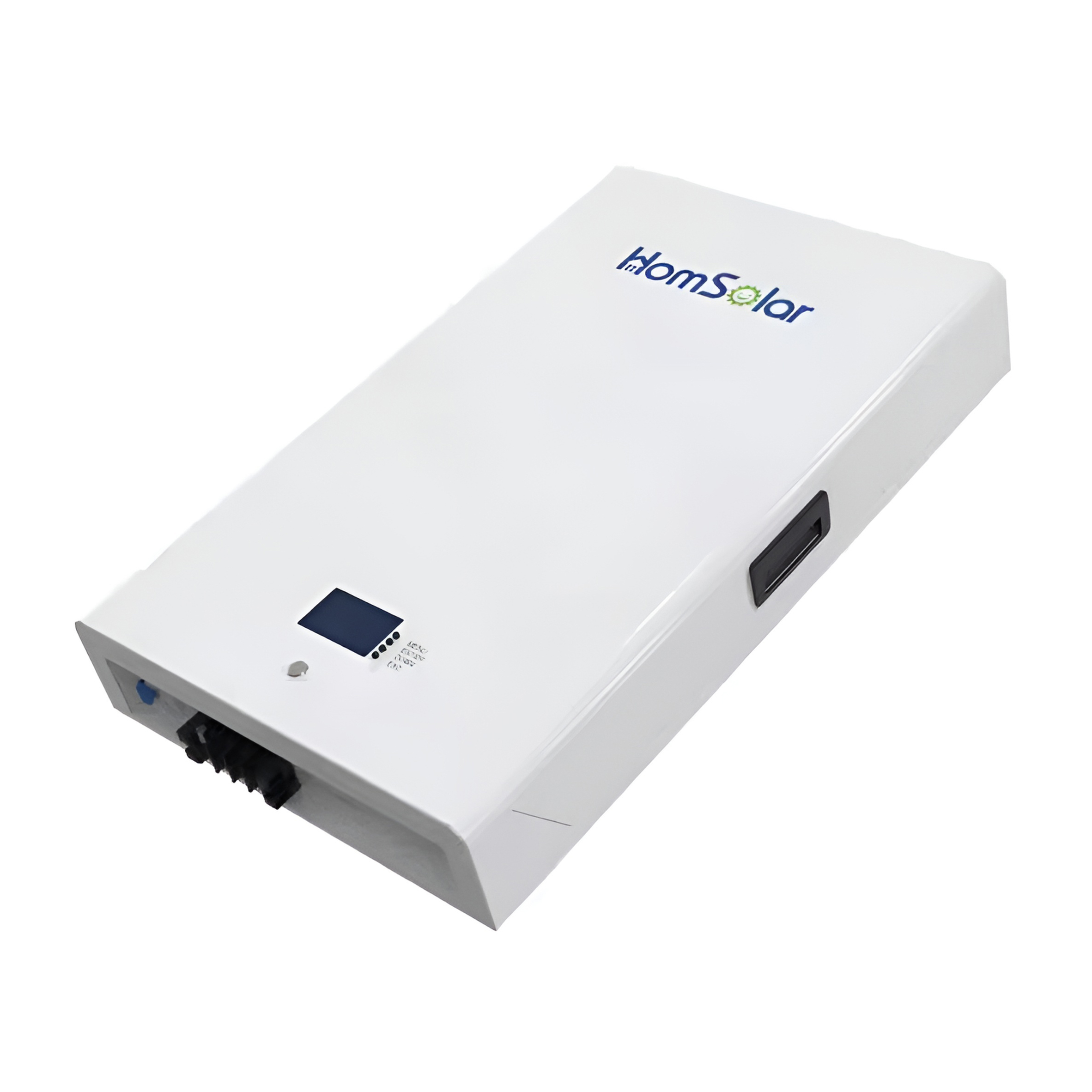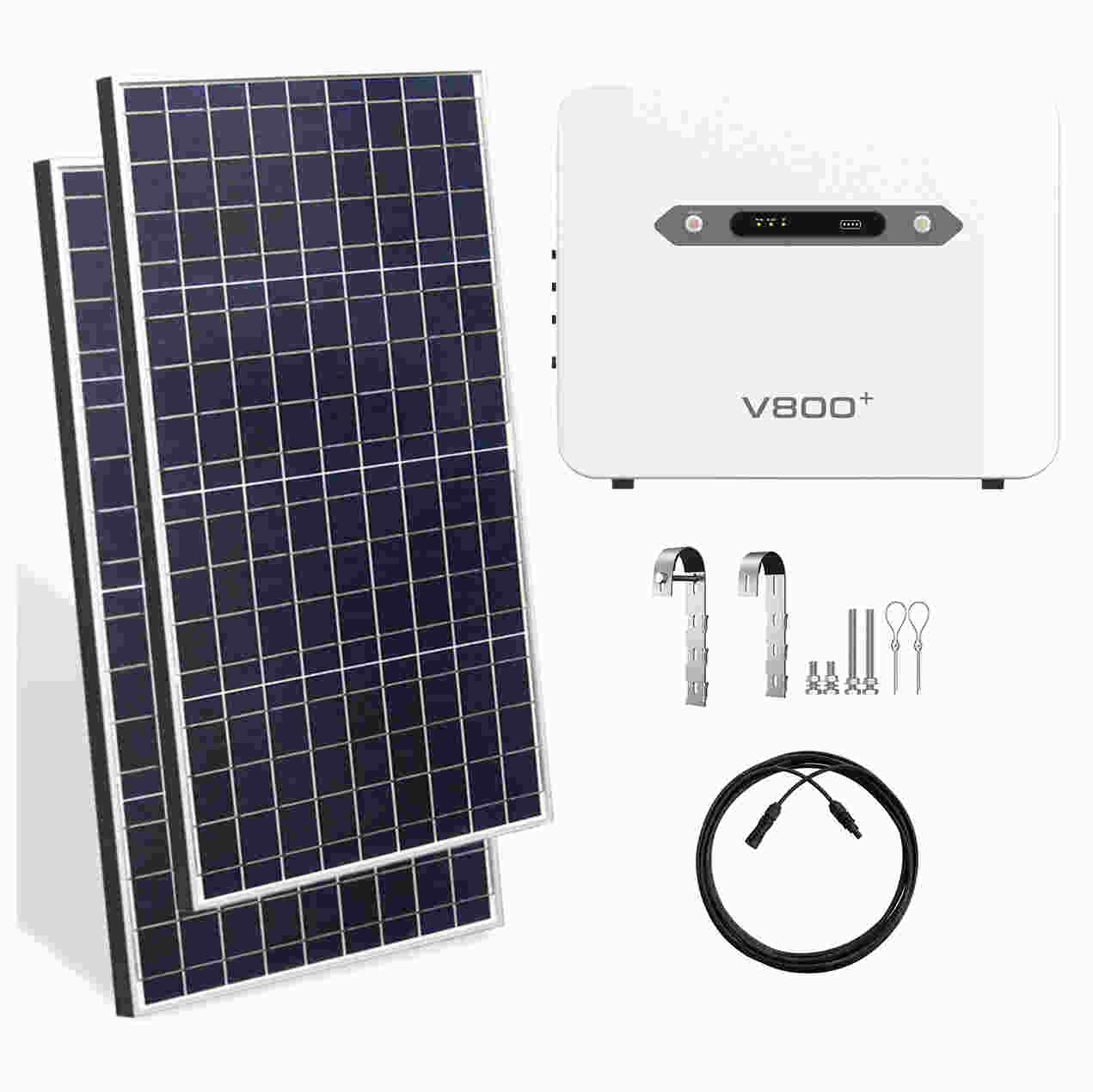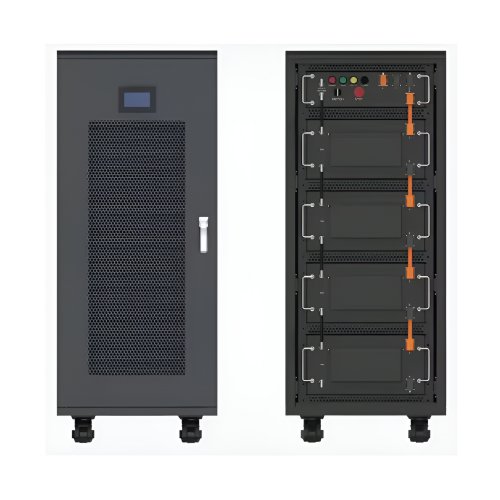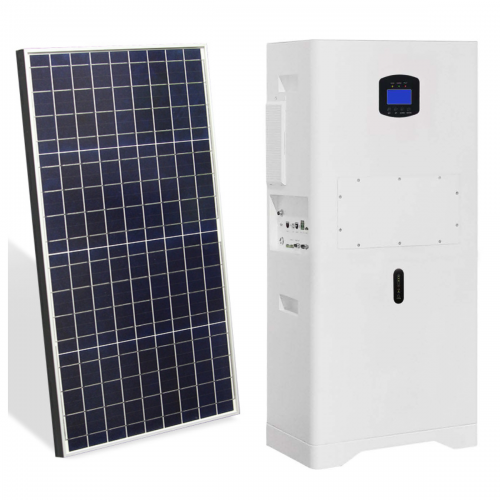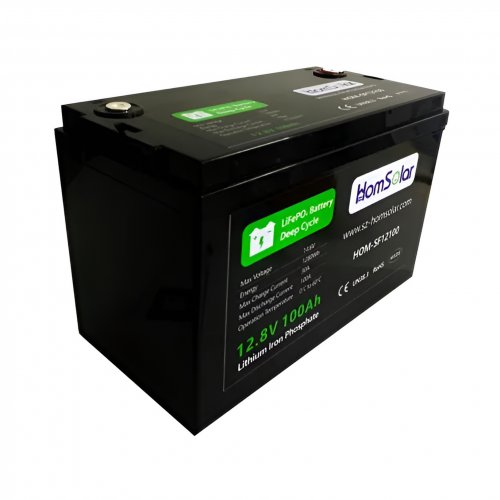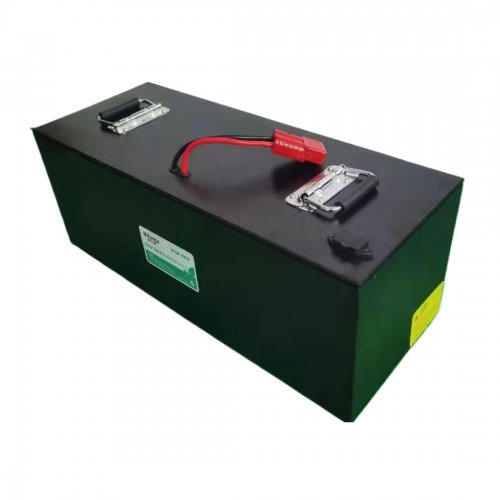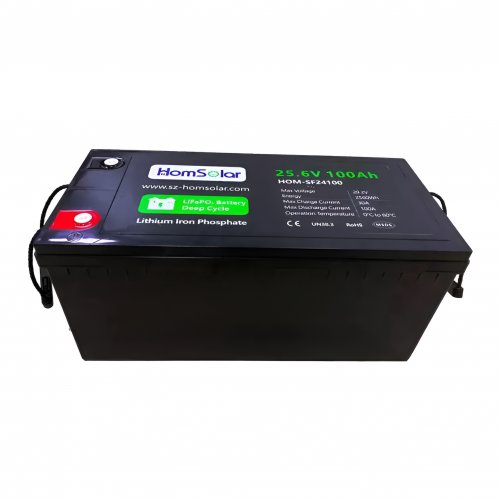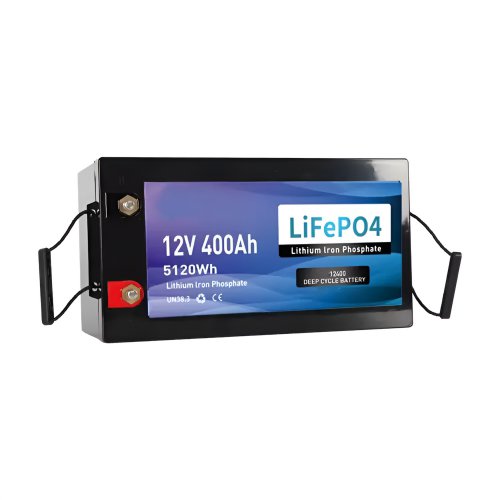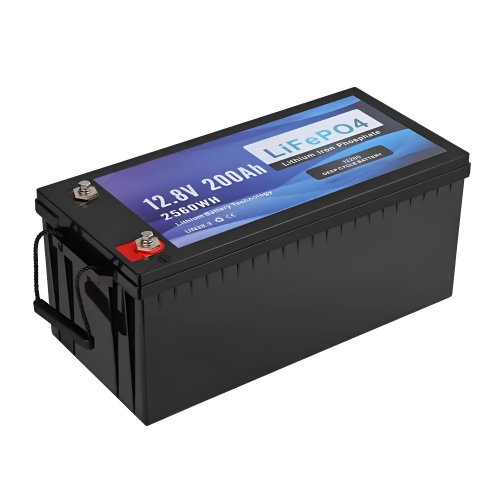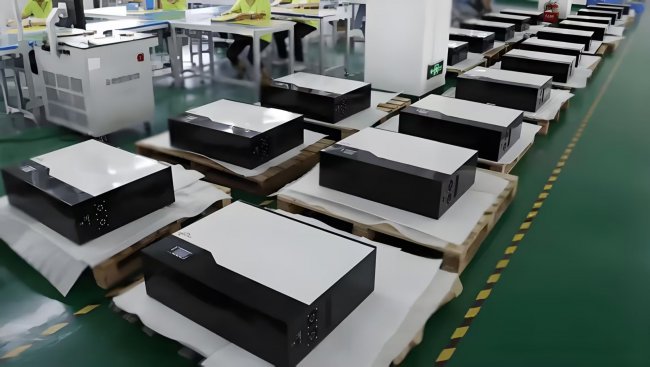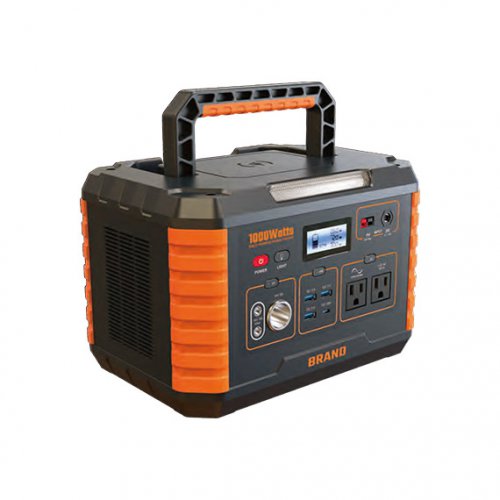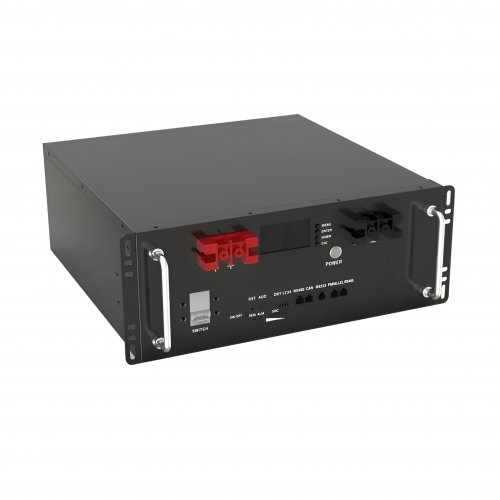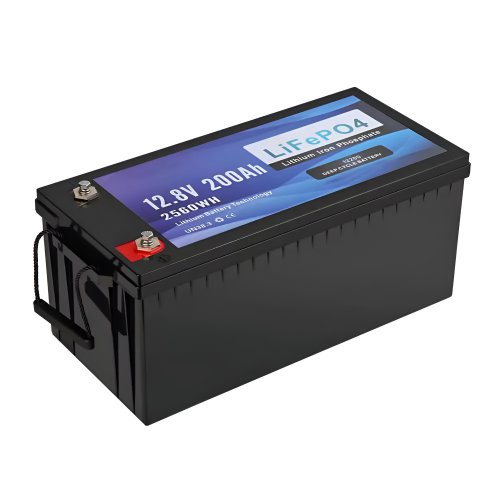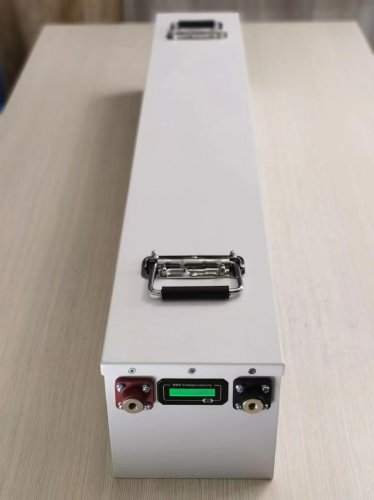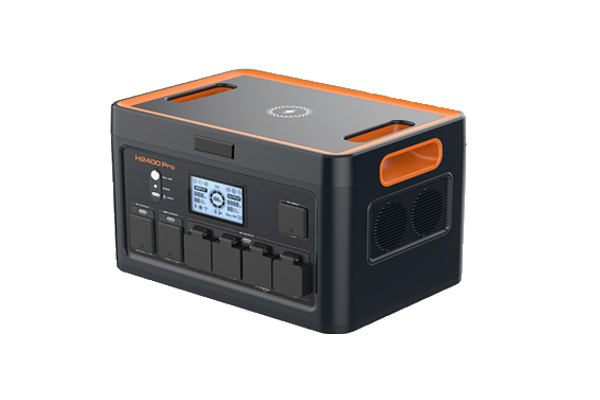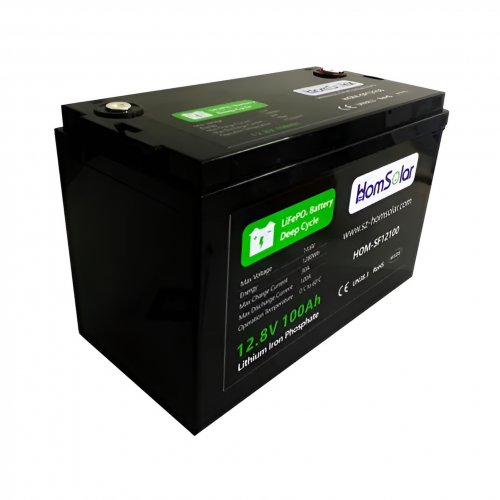Lifepo4 Durability Test Review: Unmatched Longevity And Reliability In Energy Storage
The quest for a truly durable, safe, and long-lasting battery technology has been a central theme in the evolution of modern electronics, renewable energy systems, and electric mobility. Among the various contenders, Lithium Iron Phosphate (LiFePO4) chemistry has steadily gained a reputation for its exceptional cycle life and robustness. This review delves into a comprehensive durability test of a prominent LiFePO4 battery, specifically a 100Ah 12V deep cycle model, to separate the marketing claims from the tangible, long-term performance.
Product Functionality and Core Features
The product under scrutiny is a standalone 12V LiFePO4 battery, designed as a direct replacement for traditional lead-acid batteries in applications such as solar power storage, recreational vehicles (RVs), marine use, and off-grid power systems. Its primary function is to store electrical energy and deliver it consistently over numerous charge and discharge cycles.
Key features that contribute to its durability proposition include:Inherent LiFePO4 Chemistry: Unlike other lithium-ion variants, the LiFePO4 cathode material is intrinsically stable, offering superior thermal and chemical stability. This translates to a significantly lower risk of thermal runaway and a much longer fundamental lifespan.High Cycle Life: The manufacturer rates this battery for over 2,000 to 5,000 cycles to 80% Depth of Discharge (DOD). This is an order of magnitude greater than the 300-500 cycles typical of lead-acid batteries.Integrated Battery Management System (BMS): A crucial component, the BMS protects the battery from common causes of premature failure. It manages over-charging, over-discharging, short-circuiting, and temperature extremes, ensuring each cell operates within its safe and optimal window.Wide Operating Temperature Range: The battery is specified to function effectively in a broad temperature range, typically from -20°C to 60°C for charging and even lower for discharging, making it suitable for harsh environments.
The Durability Test: Methodology and Long-Term Experience
To assess durability, the battery was subjected to a real-world simulation over several months, rather than just accelerated lab testing. It was integrated into a home solar setup powering a critical loads panel, which included a refrigerator, lighting, and a water pump. This setup naturally provided daily charge and discharge cycles, with the depth of discharge varying between 40% and 80%.
Initial Performance: Out of the box, the battery performed flawlessly. Its weight, approximately one-third that of a comparable lead-acid battery, was immediately noticeable and a significant advantage for installation. The voltage remained exceptionally stable under load; whereas a lead-acid battery would see a noticeable voltage sag when the refrigerator compressor kicked in, the LiFePO4 unit held its voltage, ensuring consistent performance for all connected devices.
Mid-Term Observations (3-6 months): After hundreds of cycles, no measurable degradation in capacity was observed. The battery consistently delivered its rated 100Ah capacity. A key test of its BMS and durability came during a period of extreme heat. While the BMS did throttle the charge rate slightly as the ambient temperature approached its upper limit, it protected the battery effectively without any shutdowns or errors. This proactive management is a cornerstone of its long-term durability.
Long-Term Insights and Stress Testing: To push its limits, a controlled stress test was conducted. The battery was deliberately cycled down to 100% Depth of Discharge (fully utilizing the BMS's low-voltage disconnect) and then charged back to 100% for a series of ten consecutive cycles. Throughout this test, the battery recovered without issue, and subsequent capacity checks showed no deviation from its initial rating. This resilience to deep cycling is where LiFePO4 chemistry truly shines and is a primary factor in its value proposition over time.
Advantages: The Case for LiFePO4
The long-term testing overwhelmingly confirmed the core advantages of this technology:Exceptional Cycle Life: The promise of thousands of cycles is its most compelling feature. For a user, this means a battery that could last for a decade or more with daily use, fundamentally altering the cost-per-cycle calculation.Maintenance-Free Operation: Unlike lead-acid batteries, there is no need for periodic equalization charges or checking water levels. It is a true "set-and-forget" component.High Efficiency: The charge/discharge efficiency consistently hovered around 98%, meaning very little energy is lost as heat. This is crucial for solar applications where every watt-hour of harvested energy is precious.Zero Maintenance: The sealed design requires no watering or regular maintenance, simplifying ownership.Environmental Resilience: Its ability to operate in a wide temperature range and withstand deeper discharges makes it ideal for demanding applications.
Disadvantages and Considerations
Despite its impressive performance, LiFePO4 is not without its drawbacks:Higher Upfront Cost: The initial purchase price is significantly higher than that of a lead-acid battery of similar capacity. This is the biggest barrier to entry, though the Total Cost of Ownership (TCO) is often lower.Voltage Compatibility: While a "drop-in replacement" in many cases, some older chargers or inverters designed specifically for the charging profile of lead-acid batteries may not optimize the performance of a LiFePO4 battery. A compatible charger is recommended for best results.State of Charge (SOC) Metering: The extremely flat voltage discharge curve of LiFePO4 makes it difficult to estimate state of charge based on voltage alone. Relying on the voltage meter from a lead-acid system will give highly inaccurate readings. A dedicated Coulomb-counting (Ah-in, Ah-out) meter is almost essential for precise monitoring.Lower Nominal Voltage: Its nominal voltage (12.8V) is slightly higher than a fully charged lead-acid battery (12.6V), but its working voltage range is different. This is rarely an issue for modern equipment, but it is a technical point to be aware of.
Objective and Balanced Conclusion
The LiFePO4 battery, as evidenced by this extended durability test, lives up to its core promise of longevity and reliability. It is a robust, highly efficient, and remarkably durable energy storage solution. The value proposition is not in its initial cost but in its operational lifespan and consistent performance over many years.
The decision to invest in a LiFePO4 battery ultimately hinges on the user's priorities and application. For a seasonal camper who uses a battery a few times a year, the high upfront cost may be difficult to justify. However, for anyone relying on daily, deep-cycle energy storage—be it for an off-grid home, a full-time RV, or a critical backup power system—the long-term benefits are undeniable. The reduction in replacement frequency, the peace of mind from its safety profile, and the superior performance under load make it a technically superior and, in the long run, an economically sound choice. It is a product that demands a higher initial investment but rewards the user with unwavering reliability for years to come.
Customized/OEM/ODM Service
HomSolar Supports Lifepo4 battery pack customization/OEM/ODM service, welcome to contact us and tell us your needs.


HomSolar: Your One-stop LiFePO4 Battery Pack & ESS Solution Manufacturer
Our line of LiFePO4 (LFP) batteries offer a solution to demanding applications that require a lighter weight, longer life, and higher capacity battery. Features include advanced battery management systems (BMS), Bluetooth® communication and active intelligent monitoring.

Customised Lithium Iron Phosphate Battery Casing
ABS plastic housing, aluminium housing, stainless steel housing and iron housing are available, and can also be designed and customised according to your needs.

HomSolar Smart BMS
Intelligent Battery Management System for HomSolar Energy Storage System. Bluetooth, temperature sensor, LCD display, CAN interface, UART interface also available.


Terminals & Plugs Can Be Customized
A wide range of terminals and plugs can be customised to suit the application needs of your battery products.

Well-designed Solutions for Energy Storage Systems
We will design the perfect energy storage system solution according to your needs, so that you can easily solve the specific industry applications of battery products.



About Our Battery Cells
Our energy storage system products use brand new grade A LiFePO4 cells with a battery lifespan of more than 4,000 charge/discharge cycles.



Applications in Different Industries
We supply customized & OEM battery pack, assemble cells with wiring, fuse and plastic cover, all the cell wires connected to PCB plug or built BMS.
Applications: E-bike, Electric Scooter, Golf Carts, RV, Electric Wheelchair, Electric Tools, Robot Cleaner, Robot Sweeper, Solar Energy Storage System, Emergency Light, Solar Power Light, Medical Equipment, UPS Backup Power Supply.
We can provide you with customized services. We have the ability to provide a vertical supply chain, from single cells to pack/module and to a complete power solution with BMS, etc.


HomSolar (Shenzhen) Technology Co., Ltd







